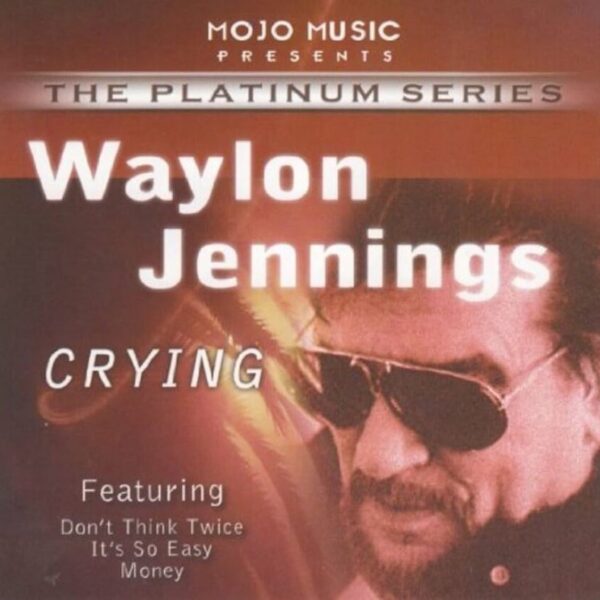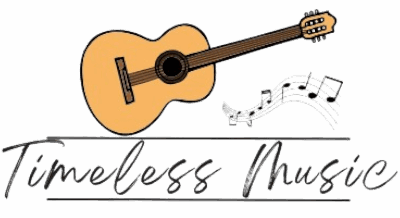
When music legends put their stamp on classic songs, they don’t just sing the notes — they transform them. That’s exactly what Waylon Jennings did in 1978 when he recorded his version of “Crying”, the unforgettable ballad originally made famous by Roy Orbison.
Jennings’ rendition doesn’t try to outshine Orbison’s soaring, dramatic performance. Instead, it carves a different emotional path — one that’s rugged, grounded, and deeply human.
A Voice Weathered by Life
Roy Orbison’s “Crying” was iconic for its operatic range and raw vulnerability. Waylon Jennings approached it from another angle. His voice, marked by years of lived experience, brings a world-weary melancholy that feels both intimate and authentic.
There’s no flash, no theatrics. Jennings doesn’t lean on vocal acrobatics to stir emotions — he simply lets every word resonate with truth, sorrow, and dignity.
Sparse Yet Powerful Arrangement
The beauty of Jennings’ version lies in its restraint. Backed by gentle percussion, soft organ swells, and the haunting cry of pedal steel guitar, the production leaves plenty of space for silence.
Each pause feels intentional. Each note lands with weight. Instead of building to a dramatic climax, the song embraces patience, reflection, and quiet pain.
Honoring the Original While Making It His Own
Covering a classic like “Crying” is no easy feat, but Jennings didn’t aim to imitate. His approach was pure outlaw country — take a timeless story and tell it with grit, honesty, and heart.
The result is more than a cover. It’s an interpretation that honors Orbison’s genius while standing firmly in Jennings’ world. His version proves that a song can live many lives, each revealing something new about love, loss, and longing.
Why Jennings’ “Crying” Still Matters
Waylon Jennings’ “Crying” isn’t just a song you listen to — it’s a song you feel. It strips away excess and leaves only the core of human sorrow, delivered with the kind of authenticity that makes Jennings a legend.
Decades later, his version remains a reminder of why great music endures: it doesn’t need to shout to be heard. Sometimes, the quietest performances echo the loudest in our hearts.
✨ Waylon Jennings’ “Crying” stands as proof that true artistry lies not in imitation, but in transformation.
